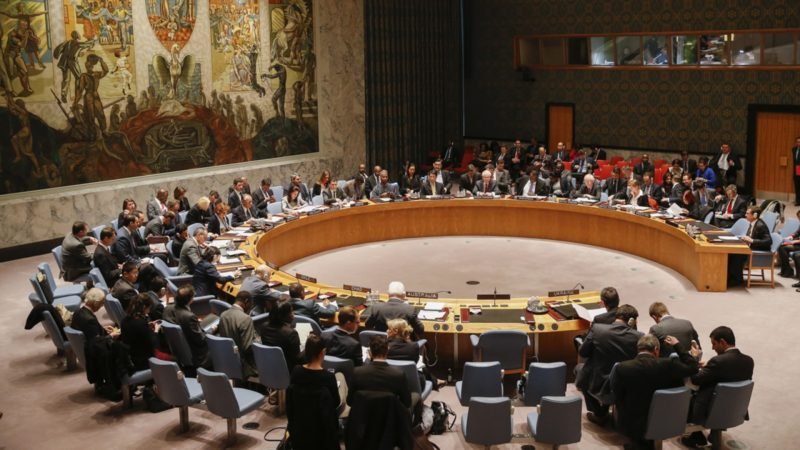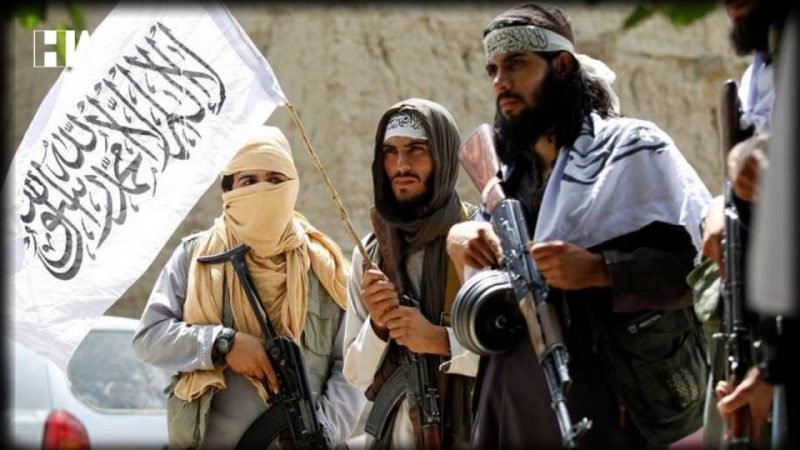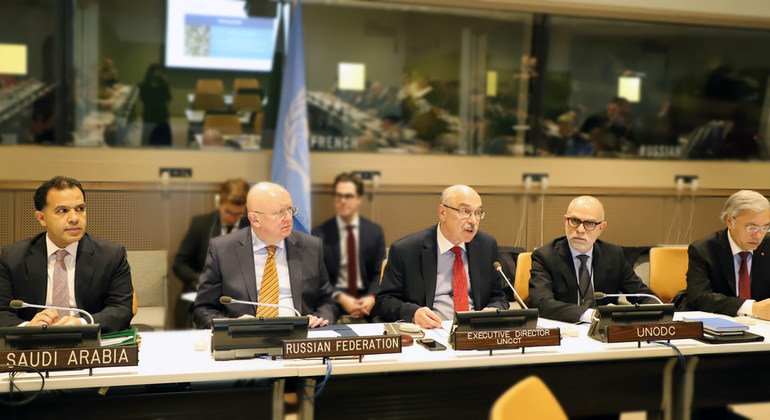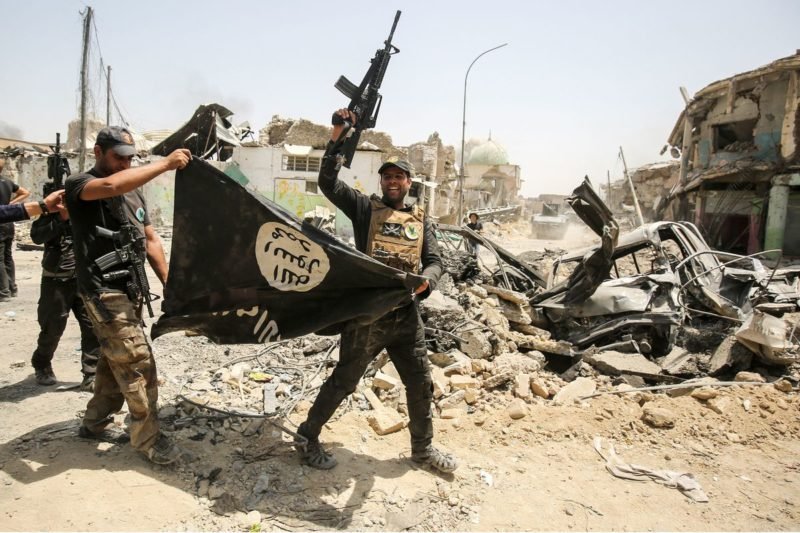False Promises of UN in Countering International Terrorism

- The United Nations Organization (UNO) failed to define “what is terrorism”.
- The undemocratic structure of the UN Security Council (UNSC) and its VETO power is serving the interests of only P-5 countries
- Expansion of permanent membership to countries like India is necessary to counter-terrorism
- Lack of UN own forces to fight against terror activities
- Regional and multilateral counter-terror mechanisms will be more effective than international
- Need cooperation between UN and other regional organizations including SAARC, ASEAN, AU, SCO and EU to fight against cross-border terrorism
Cross border terrorism emerged as one of the major challenges to the global community in the 21st century. The paradigm shift in global politics, technology, changing nature of sources of war and conflict, ethnic and religious conflicts and civil wars led to the rise of violent non-state actors across the globe. The rise of violent non-state actors like Taliban, Al-Qaida, ISIS, Boko Haram, Al- Shabab and Tehrik- i- Taliban Pakistan emerged as a major threat to international peace and security.
The United Nations Organization (UNO) was formed in 1945 to promote peace and security human rights, promote the peaceful resolution of disputes and cooperation between the member states in the post-Second World War period. The UN expanded its scope by a focus on climate change, trade issues, women and human rights, terrorism, poverty and underdevelopment. However, the continuous violation of human rights, rise of ethnic and religious issues, refugee crisis, terrorism, drug trafficking and crime are a few examples of the failure of the UN as a global governing mechanism.
However, due to the rise of extremism and violent non-state actors, the UN initiated several international instruments to counter terrorist activities across the world.

Major UN Instruments against Terrorism
- Convention on offences on certain other acts committed on board aircraft (1963): allows aircraft commander to take action against any individual or group (if he or she has committed are about to commit any crime) to protect the safety of aircraft.
- Convention for the suppression of unlawful Seizure of Aircraft (1970): describes all the activities of seizing or hijacking of aircraft is made punishable with severe penalties.
- Convention on the Physical Protection of Nuclear Material (1980): criminalized the unlawful transfer, possession, and use of nuclear energy.
- International convention for the suppression of terrorist bombing (1997): prohibits unlawful use of explosives against people and public places.
- International convention for the suppression of the financing of terrorism (1999): the state should not involve in financing and supporting terror activities.
- Interactional convention for the suppression of acts of nuclear weapons (2005): states should share information about unlawful use of nuclear weapons.[i]
UN Security Council Resolutions on Terror Activities
The United Nations Security Council passed several resolutions against terror activities especially after the 9/11 terror attack on the World Trade Centre.
- UNSC Resolution (1267): a resolution against the unlawful activities of the Taliban.
- UNSC Resolution (1377): declared terrorism as a serious threat to international peace and security
- UNSC Resolution (1540): states to refrain from supporting violent Non-state actors.
- UNSC Resolution (1617): imposed sanctions on Al-Qaeda, Taliban, and Osama bin Laden.[ii]
Other Initiatives
The United Nations adopted the Global Counter-Terrorism Strategy in 2006 to fight against international terrorism based on four major pillars: limiting the spread of terrorism; measures to control and combat terrorism; strengthening the role of the UN in fighting against terrorism, and promoting and protecting human rights. The UN Office of Counter-Terrorism, the Counter-Terrorism Implementation Task Force (CTITF), the UN Counter-terrorism Centre (UNCTC) and Counter-Terrorism Committee (CTC) are among other UN initiatives to curb terror activities at the global level.

Why UNO failed in Countering Terrorism
Even though the UN was established in 1945, due to tight-bipolar Cold War politics, it was not able to play a significant role in countering the common challenges of the global community. However, the UN emerged as one of the significant actors in the post-Soviet world order in promoting peace and cooperation between the member states.
When it comes to counter-terrorism, the UN failed to develop an appropriate definition for the concept of terrorism, which became one of the major challenges for member countries to distinguish between self-determination movements and terrorism.
The undemocratic structure of the United Nations Security Council (UNSC) is also one of the reasons for the failure of the UN as a global governing institution.[iii] The existing decision-making and power distribution model of the UN is not representing the contemporary world order. The P-5 countries in UNSC use their VETO power for their political benefits. The involvement of countries from third world regions will strengthen the UN role in fighting against terrorism. The inclusion of emerging powers like India, Japan, Germany, Brazil and South Africa in UNSC can be crucial in achieving UN goals.
Lack of its forces, member countries unwillingness to implement UN initiatives and states involvement in sponsoring terrorism for their political and strategic interests are also major challenges for the UN to counter-terrorism. Lack of coordination between the UN and other regional organizations like SAARC, EU, SCO, NATO, AU and ASEAN is also one of the major hindrances to fighting against global terrorism.
[i] UN International Legal Instruments: https://www.un.org/counterterrorism/international-legal-instruments.
[ii] Security Council, Counter-Terrorism Committee: https://www.securitycouncilreport.org/un-documents/terrorism/.
[iii] Karamala Areesh Kumar (2019), “India’s claim for a permanent seat in UNSC”, in India’s Foreign Policy and Contemporary Global Issue, edited book by Chakali Bramhayya, Writers Choice, New Delhi.


















